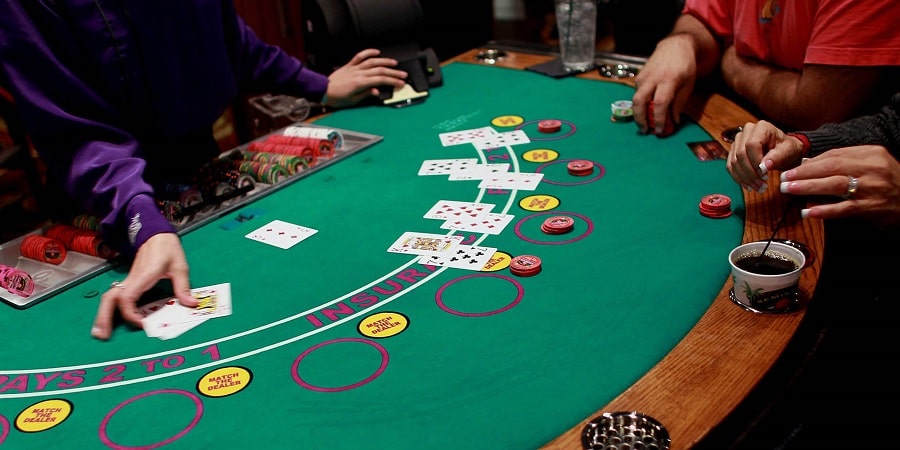
How to deal with fears in the game of poker?
When people think of poker, they often think of a high-stakes game filled with daring bluffs, daring calls, and monster pots. However, under the surface of a glamorous game, there is often a wide range of psychological fears that affect the performance of players.
Fear of the unknown
Poker, as a game of incomplete information, inherently involves facing the unknown. Players constantly make decisions with insufficient data. Fear of what their opponents might have, uncertainty about the next card in the deck, or what the future might bring, often scares even seasoned players. Anxiety and apprehension caused by these unknown elements can negatively impact decision making, prompting players to play conservatively or make hasty, rash decisions.
Fear of losing control
Maintaining control of the poker table is critical. It helps players stay calm, collected and make rational decisions based on sound strategy. However, the unpredictability of poker often challenges this sense of control. Bad beats, downswings, or bad bluffs can cause fear of losing control. This has the potential to cause tilt, a condition where players begin to make sub-optimal decisions, fueled by emotion rather than logic.
Fear of financial loss
This fear is perhaps the most tangible and immediate problem for poker players. After all, every decision at the negotiating table has direct financial implications. The risk of losing money, especially in high-stakes games, can create a paralyzing fear that prevents you from making the best decisions. This can lead to risk aversion, preventing players from capitalizing on profitable opportunities.

Fear of criticism and judgment
Poker is not only a social game, but also a strategic one. The fear of being judged, criticized, or judged for playing poorly or on a losing streak is an important factor influencing a player’s game. This fear can be especially prevalent in televised tournaments or online forums where each move is scrutinized by others. Such fear cannot be experienced at Tivoli Casino when playing online.
Examples of players who successfully control the situation in poker
Several professional poker players have successfully dealt with these fears by turning them into stepping stones. Known for his calm and level-headed demeanor, Daniel Negreanu has mastered the art of maintaining control over the unpredictable turns of the game. Phil Ivey, another great poker player, has shown an exceptional ability to deal with fear of the unknown by making bold and confident decisions under pressure.
Learning to cope with fears for beginners
Overcoming these fears for a beginner begins with acknowledging their existence. Here are some strategies for dealing with these fears:
- Develop a thoughtful game strategy: knowledge is the best defense against fear of the unknown. Learn about poker strategies, learn about the odds and practice your decision making.
- Emotional Control: Recognize the signs of tilt and develop methods for managing emotions at the table.
- Bankroll Management: This is very important to minimize the fear of financial loss. Never risk more than you can afford to lose and play within your means.
- Accept constructive criticism: use criticism as a tool for improvement. See it as a way to identify weaknesses and refine your strategy.
Remember that fears are a natural part of the game and managing them is an important aspect of being a successful poker player.
